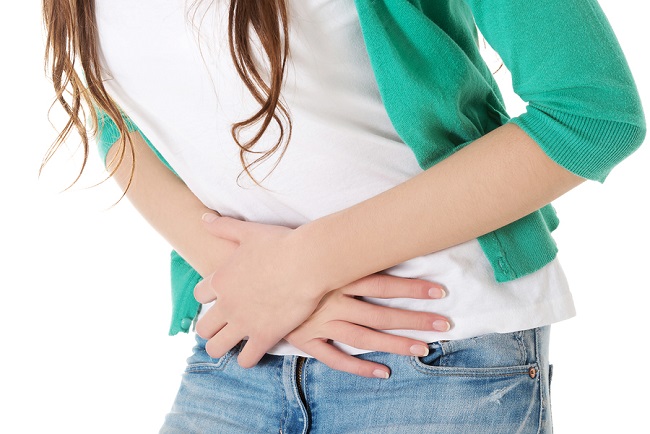- Make It Yourself Lavender Heart-Shaped Bath Bombs!
- 20 Things You Never Knew About “Down There”
- 12 Best Foods For Those Suffering From Arthritis Pain
- 12 Personal Hygiene Mistakes Almost Everyone Makes (Mom Never Told You About #4!)
- 15 Medicinal Plants And Herbs From The Cherokee People
- 12 Mind-Blowing Benefits Of Drinking Coconut Water During Pregnancy
- 12 Outstanding Winter Foods That Won’t Fatten You Up Like A Christmas Turkey
Ovarian Cysts And Ovarian Cancer – The Warnings Signs You Should Never Ignore

Photo credit: bigstock.com
What Are the Warning Signs?
As we mentioned earlier, most cysts are very small and don’t cause any problems, pain, or have any symptoms at all. They grow quietly, and then deflate each month upon ovulation. However, if you have any of the above cysts, or if your cyst begins to grow quite large and ruptures, you might experience the following:
- Abdominal bloating
- Abdominal pain, such as severe cramps
- Pain during or after sex
- Menstrual changes such as irregular periods or bleeding between periods
- Extreme breast tenderness
- Unexplained weight gain
- Nausea, vomiting, especially when combined with severe cramps
- Pain during bowel movements
- Infertility problems
Although many women experience some cramping and pain during their menstrual cycle, if you have any extreme symptoms such as sharp or severe pelvic pain (consider it severe if even ibuprofen doesn’t make it stop), fever, light-headedness, or dizziness. If there is anything that just doesn’t feel right, or if you feel that your menstrual cycle has changed, see your gynecologist immediately. Also, don’t allow a doctor to dismiss your concerns or pain as “psychosomatic.” If your doctor does not take your symptoms seriously, see another doctor.
Continue to Page 3
































